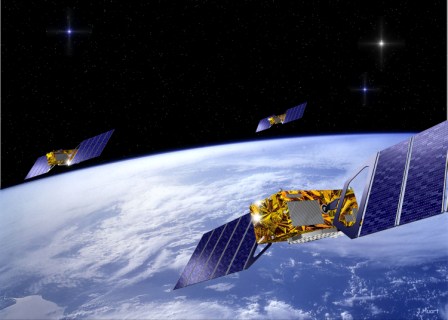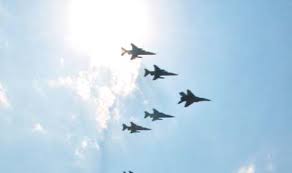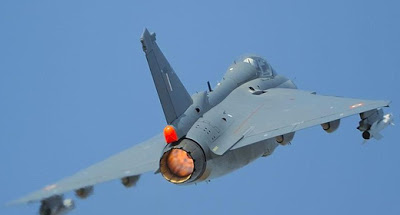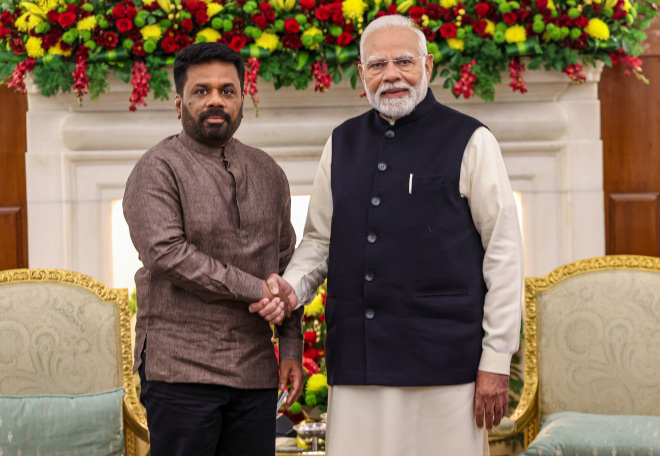
PARIS (AFP): The European Space Agency announced on Wednesday there were "failed" clocks onboard some of the 18 navigation satellites it has launched for Galileo, Europe's beleaguered rival to America's GPS.
So far, the problem has not affected operation of the system, which announced early, initial service in December, ESA Director General Jan Woerner told journalists in Paris, adding it was "a sensitive issue".
"Unfortunately we have right now the situation that we have failed rubidium clocks as well as failed hydrogen maser clocks" -- nine in total, Woerner said.
He was referring to the two types of atomic clock used for Galileo -- two rubidium and two hydrogen maser clocks per satellite.
Each satellite needs only one working clock for the system to function, the rest are backup.
Three rubidium and six hydrogen maser clocks are not working, said Woerner.
"We don't know whether we can revitalise them, it's much too early for that," he added.
None of the 18 satellites launched to date have been declared inoperative as a result. Two of the failed clocks were on a single satellite.
"So far, the operational ability is not affected," said Woerner.
"However, we are not blind... If this failure has some systematic reason we have to be careful."
The cause is being investigated, and ESA has yet to decide how to proceed with future satellite launches, said Woerner.
Galileo will ultimately comprise 30 operational satellites.
"We have to look into... whether we find finally some systematic root cause and to change it, or whether we have to just go on" and rely on the backup clocks, Woerner said.
According to ESA, Galileo boasts the most accurate atomic clocks ever used for geolocalisation.
Similar to traditional clocks relying on the tick of a pendulum, atomic clocks also count regular oscillations, in this case switches between energy states of atoms stimulated by heat or light.
The project has already experienced many setbacks, taking 17 years and more than triple the original budget to going live in December.
 Previous Article
Previous Article Next Article
Next Article













The Indian Air Force, in its flight trials evaluation report submitted before the Defence Ministry l..
view articleAn insight into the Medium Multi-Role Combat Aircraft competition...
view articleSky enthusiasts can now spot the International Space Station (ISS) commanded by Indian-American astr..
view article